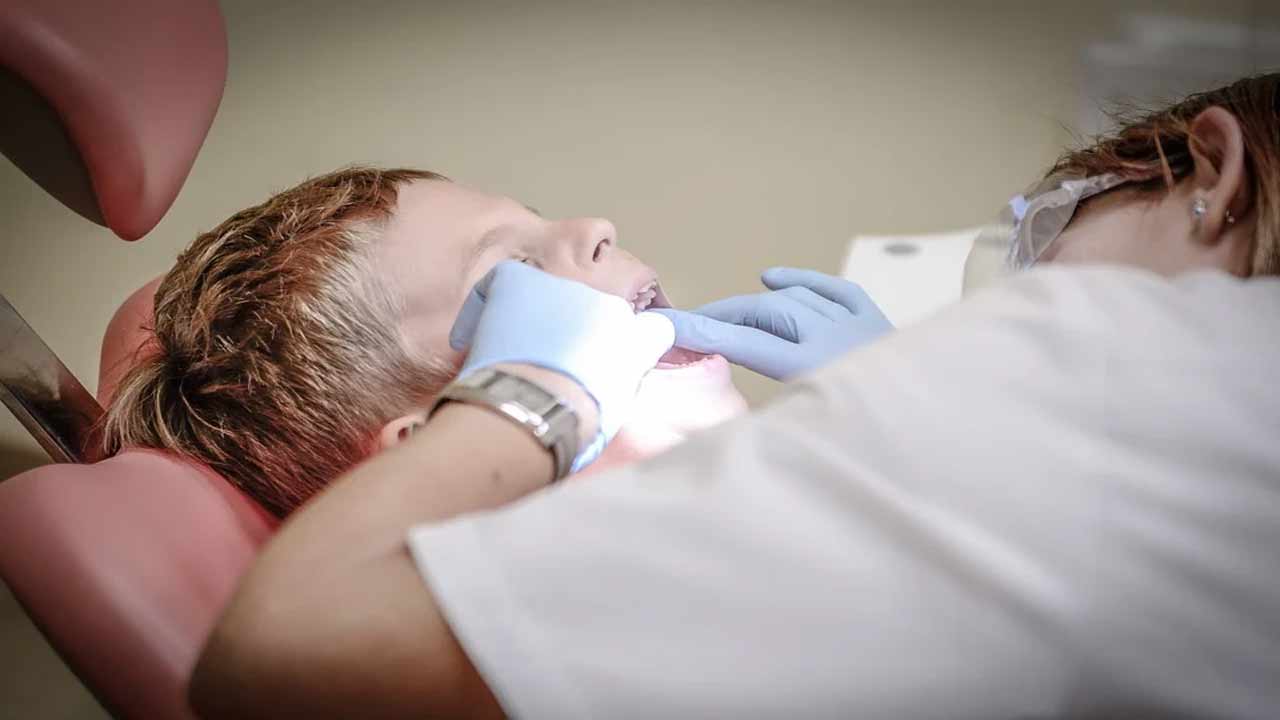Gum bleeding is a common problem but that doesn’t mean one should ignore it as this could be a sign of periodontal disease.
 According to Dr. Nikhil Sharma – Periodontist & Oral Implantologist, Sharma’s Dental & Implant Clinic – bleeding gums can be a sign and indicators of periodontal disease such as gingivitis or periodontitis.
According to Dr. Nikhil Sharma – Periodontist & Oral Implantologist, Sharma’s Dental & Implant Clinic – bleeding gums can be a sign and indicators of periodontal disease such as gingivitis or periodontitis.
There are several reasons for sensitive or bleeding gums and the most common one is because of plaque or tartar build-up. This allows bacteria to grow along the gum line.
“The main cause of bleeding gums is the buildup of plaque at the gum line which will lead to a condition called inflamed gums. Examples include flossing, teeth brushing, chewing tobacco, or cuts/abrasions from foods, said Dr. Nikhil Sharma.
There are certain medical conditions, along with deficiencies such as vitamin C or K, which can contribute to bleeding gums.
Now, the most important question is when you visit a dentist about bleeding gums? The answer is simple. If a person notices bleeding gums for more than a week, it’s time to check with your dentist.
“See or visit a dentist if gum bleeding doesn’t improve within 7 to 10 days. You may need a deep dental cleaning to remove plaque and tartar and promote gum healing. Your dentist may also order lab work to check for any vitamin deficiencies that can cause gum bleeding,” the doctor said.
Some Do’s If You Have Bleeding Gums
- Practice good oral hygiene i.e. brush properly.
- Rinse your mouth with hydrogen peroxide or saltwater.
- Intake of vitamin C and K.
- Drink green tea.
Some Don’ts If You Have Bleeding Gums
- Don’t use a hard-bristled toothbrush.
- Don’t take a brushing session off.
- Don’t ignore your diet.
- Don’t smoke and chew tobacco.











